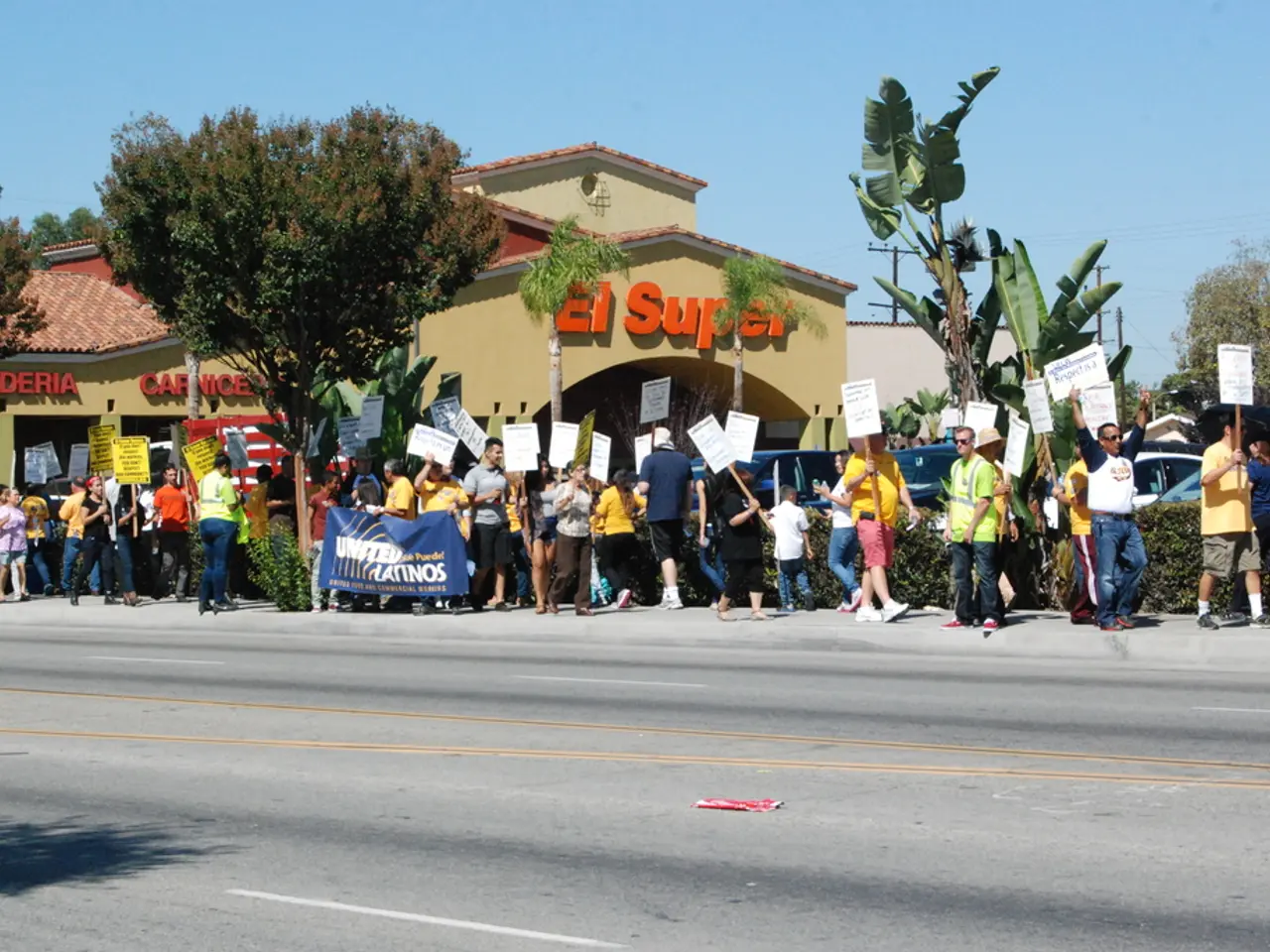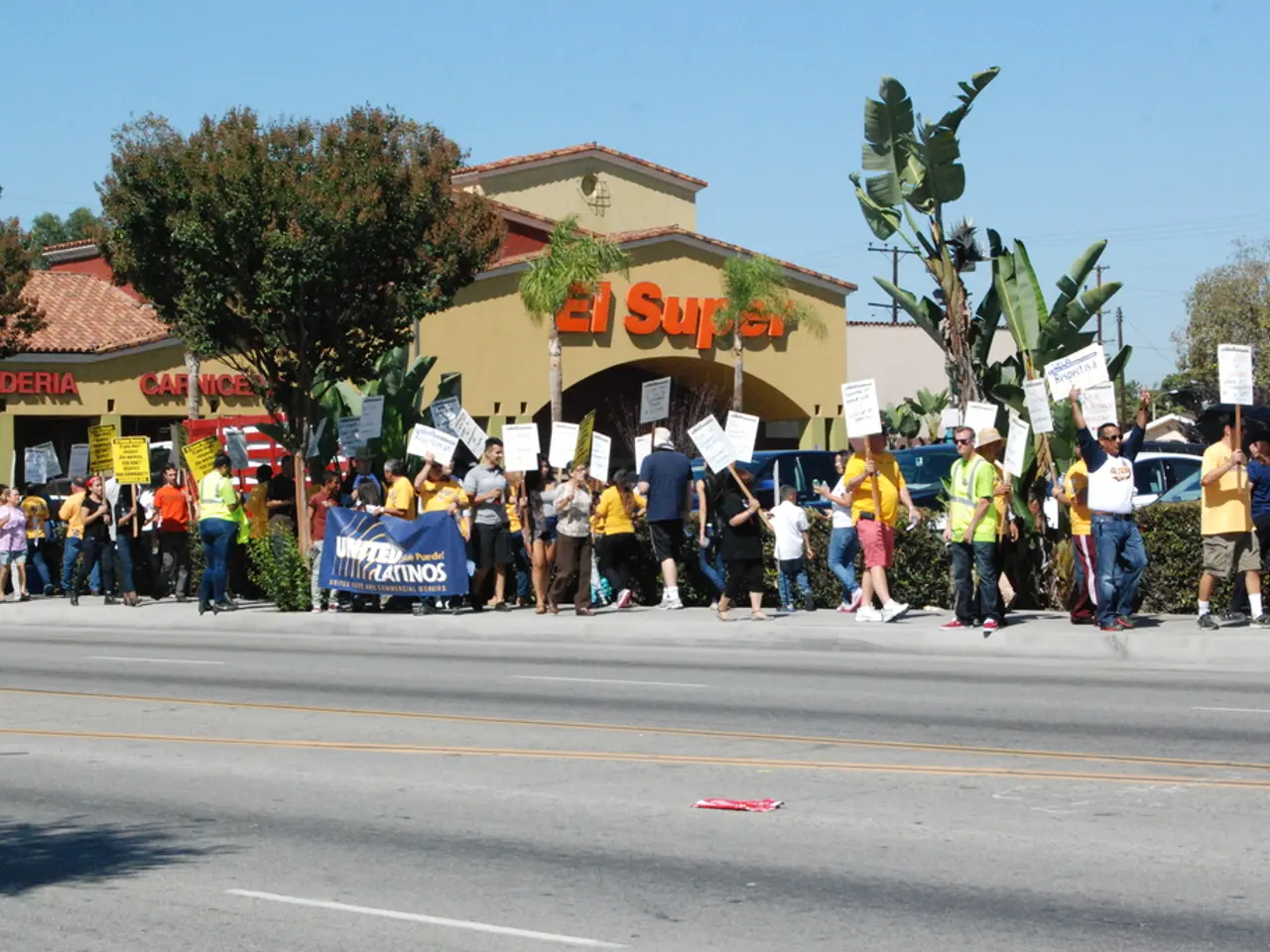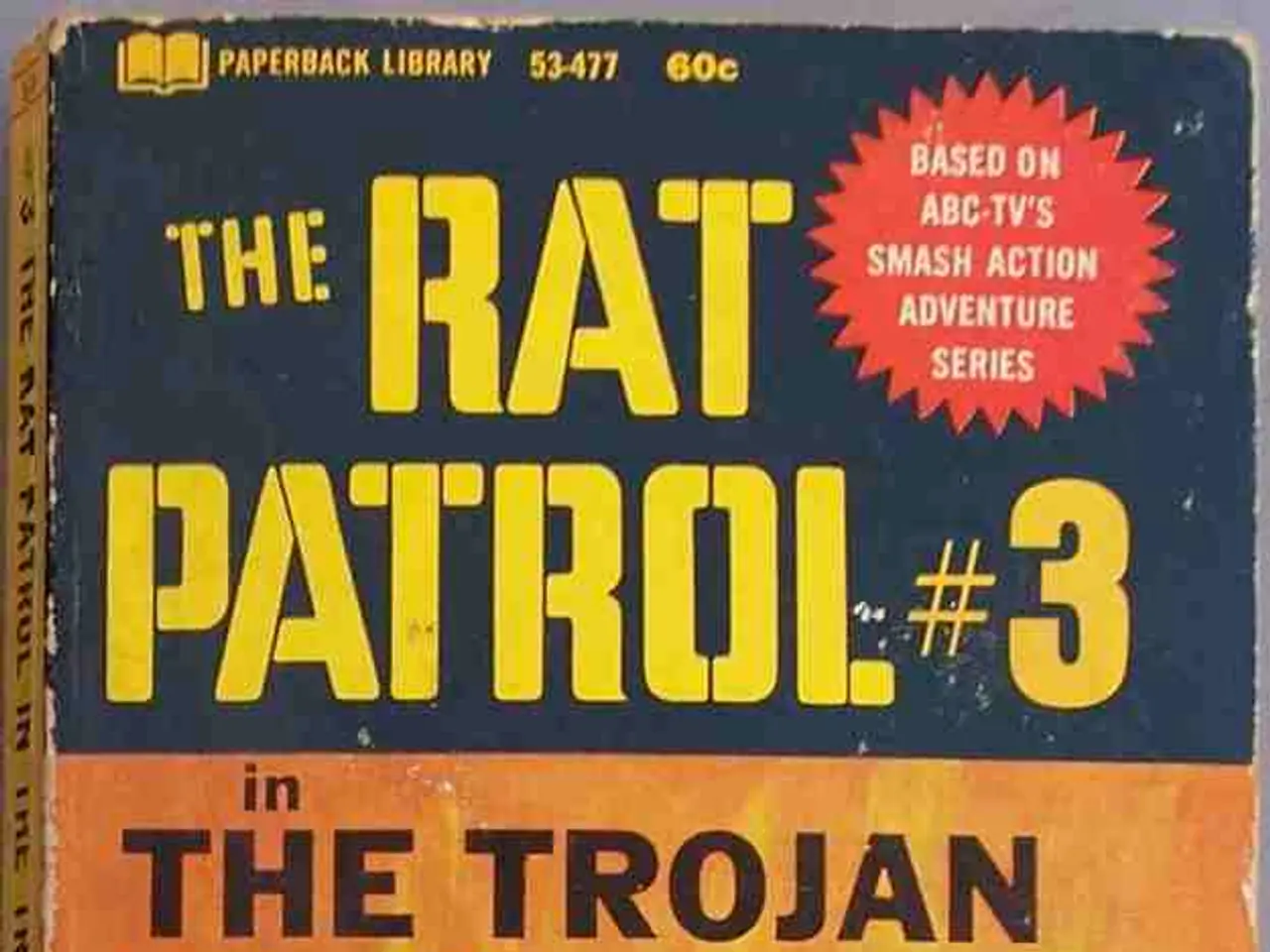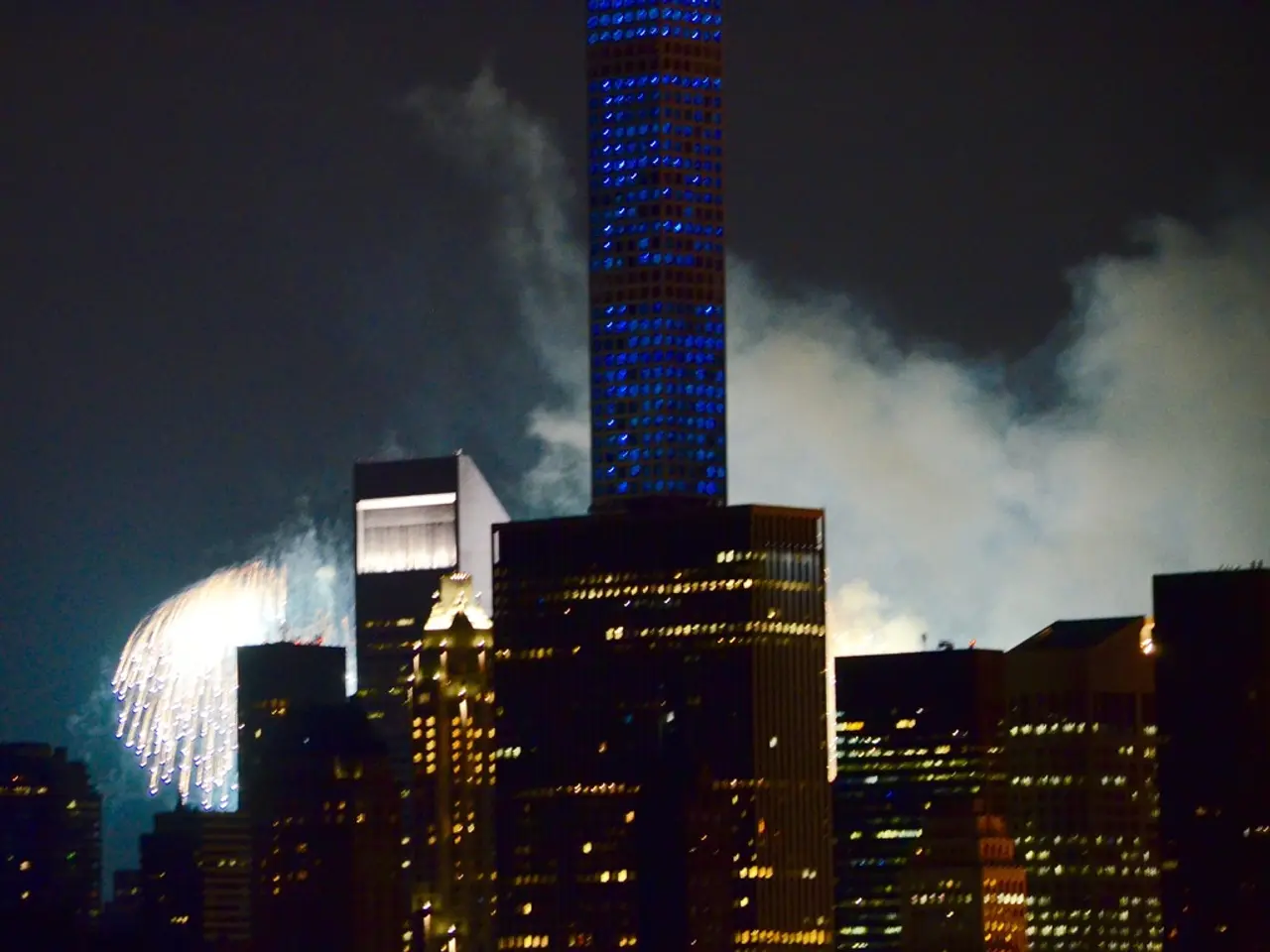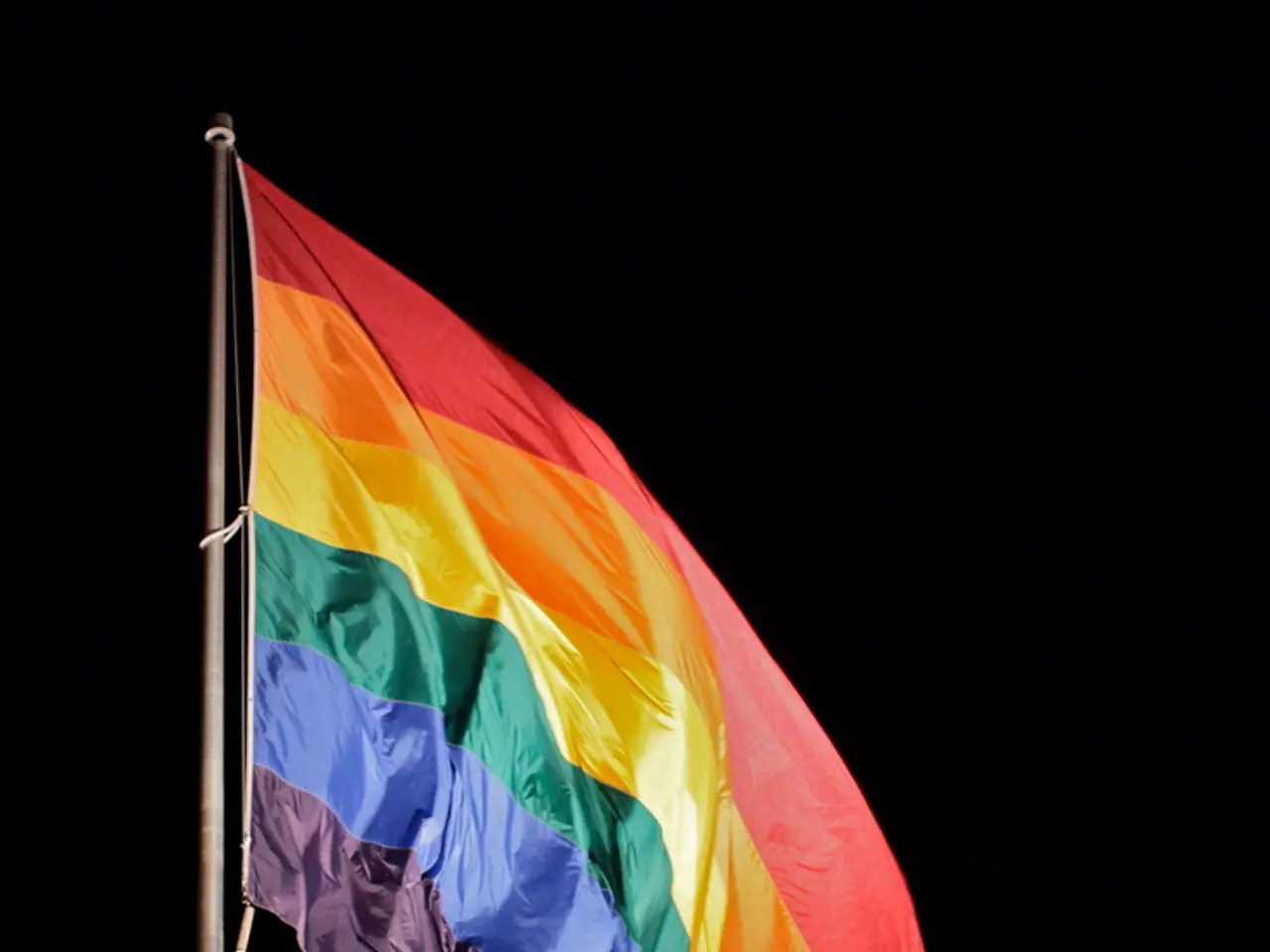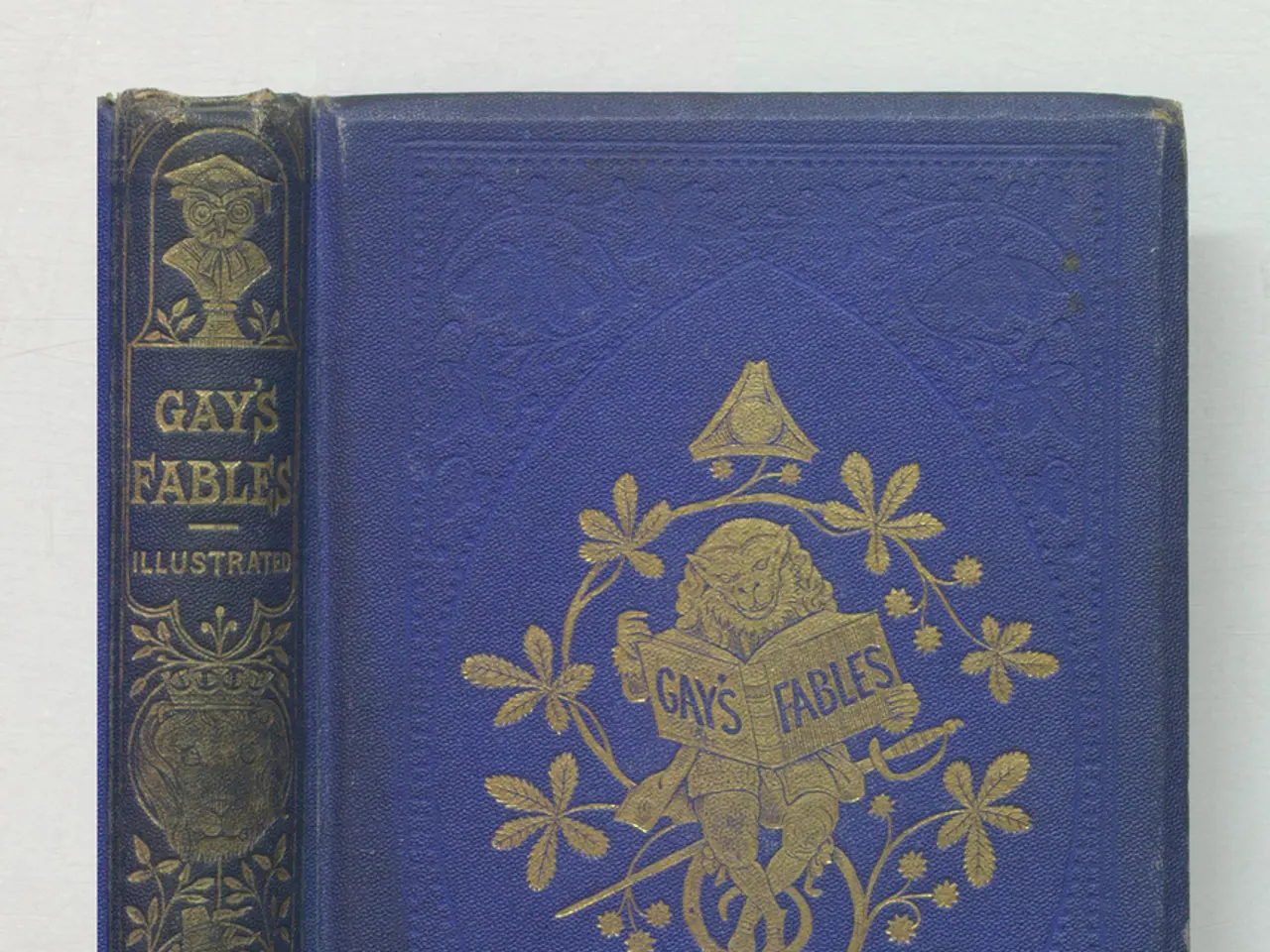Election Day ballots received after the deadline causing vote tallies to be delayed and fuelling baseless conspiracy theories, with Trump and the Republican party at the forefront of the criticism
The U.S. Supreme Court is currently considering a challenge in Illinois regarding an Election Day deadline for mail ballots, a topic that has been a subject of contention in recent years. The legal landscape surrounding mail-in ballots received after Election Day is highly contested and varies by state, with the executive order signed by President Trump in March 2021 playing a significant role.
The order mandates that states cannot count mail-in ballots received after Election Day, even if they were postmarked on or before Election Day. However, many of its provisions have been blocked or challenged in federal courts. For instance, a federal judge allowed 19 states that challenged the order to continue counting ballots received after Election Day, including California, Nevada, Illinois, and others.
In contrast, states like Illinois have statutes allowing certain late ballots without postmarks to be counted, a practice that has been the subject of legal challenges by Republicans who argue it conflicts with federal election deadlines. Meanwhile, other states, such as Kansas, North Dakota, and Utah, have passed legislation requiring all mail ballots to be received by Election Day, removing the previous allowance for late arrivals.
The debate over the counting of late-arriving mail ballots is part of a broader push by Trump and aligned Republicans to tighten voting rules. This includes proof of citizenship requirements and other measures seen as limiting voting access. The voting rights debate remains highly polarized, with ongoing lawsuits and legislative efforts continuing to shape which ballots will be counted and under what conditions.
In California, where there are approximately 22.9 million registered voters, roughly equivalent to the number in Florida and Georgia combined, a survey of some 35,000 Los Angeles County voters during last fall's election found that 40% waited until Election Day to return their ballot. To speed up the vote counting process, California is attempting to do so through the Democratic-controlled Legislature.
Assemblyman Marc Berman introduced legislation that would require county election officials to finish counting most ballots within 13 days after the election. Berman acknowledges that many counties already meet this deadline. The bill aims to strengthen people's confidence in their election system and their democracy by having clear benchmarks for when different results will be available.
Despite the ongoing legal challenges, President Trump's executive order on elections, which aims to prevent the counting of mailed ballots arriving after Election Day, continues to impact the electoral process. The order asserts that federal law establishes Election Day for federal elections, and all ballots must be received by that date. The order also directs the attorney general to "take all necessary action" to enforce federal law against states that include late-arriving ballots in their final counts for federal elections.
As the U.S. Supreme Court deliberates on the Illinois case, the ongoing debate over mail ballot deadlines and President Trump's executive order continues to shape the electoral landscape in the United States.
- The ongoing debate over mail ballot deadlines, instigated by President Trump and aligned Republicans, is intertwined with broader efforts to tighten voting rules, including the disputed executive order that mandates states to reject mail-in ballots received after Election Day.
- In the Seattle area, the legal landscape surrounding mail-in ballots received after Election Day is fraught with controversy, with states like Illinois allowing certain late ballots to be counted, a practice that has been challenged by Republicans.
- Meanwhile, the U.S. Supreme Court's decision on the Illinois case, which is currently considering a challenge to a state's Election Day deadline for mail ballots, will significantly impact policy-and-legislation, general-news, and politics not only in Illinois, but across the nation, with potential repercussions for war-and-conflicts and governance.
